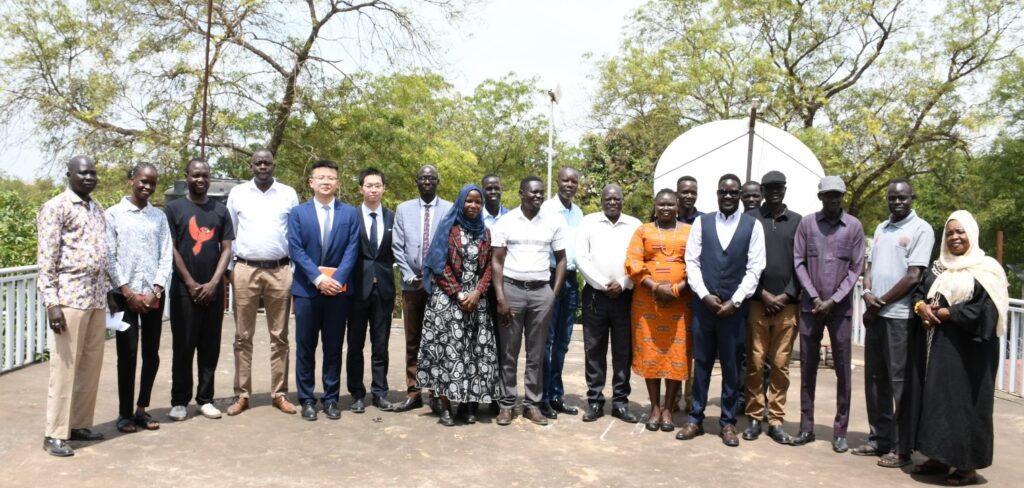South Sudanese editors are raising alarms over the country’s deepening economic crisis, lack of training opportunities, and low journalist pay—factors they say are driving experienced reporters out of the profession and weakening the quality of news coverage.
Speaking Friday at a National Editors’ Forum breakfast meeting in Juba, Doga Morris, former editor of No. 1 Citizen Daily Newspaper, said media institutions are struggling to retain qualified journalists. Many are leaving for better-paying jobs with non-governmental organizations and international outlets.
“Most of the editors have left the profession,” Morris said. “They’re moving to NGOs and international media houses because of the economic crisis. It has created a serious vacuum in our newsrooms, where inexperienced staff are now running operations.”
Morris added that the crisis has been exacerbated by the end of U.S. Agency for International Development (USAID) funding, which had supported many media outlets through partner institutions.
“With the funding gone, we now see young people—some with less than two years of experience—being promoted to editorial roles,” he said.
It remains unclear how many senior journalists have left the profession this year.
The South Sudanese pound, in which most journalists are paid, has significantly lost value in recent years.
Pout Tot, editor of Salam Radio in Maban, echoed similar concerns, saying that the economic downturn has made it difficult for media houses to offer capacity-building opportunities.
“We sometimes rely on volunteers because journalists are not being paid,” Tot said. “But people still want to inform the public—they just need proper training to do it well.”
Tot urged the National Editors’ Forum to extend training opportunities to journalists working in remote areas.
“If the opportunity is available, we would like to be included,” he said.
Chandok Stephen, station manager at Kondial FM in Unity State, highlighted the additional burden of inadequate equipment.
“Many radio stations are operating with only one or two people. Reporters don’t have access to basic tools like computers and recorders,” he said. “It makes the work extremely difficult.”
Call for renewed support
Irene Ayaa, director of the Association for Media Development in South Sudan (AMDISS), called for more targeted training programs for editors.
“Editors are the gatekeepers. They ensure quality and accuracy in content, but they can’t do their jobs well if they’re not trained,” she said.
Ayaa also voiced concern over the exodus of senior editors and the influx of untrained journalists.
“While the newcomers may lack experience, they’re eager to learn. It’s our collective responsibility to develop their skills and fill the gap,” she said.
She also commended the National Editors’ Forum for collaborating with the Female Journalists Network to promote gender equality in editorial leadership.
“This is a crucial step toward seeing more women in editor positions,” she added.




